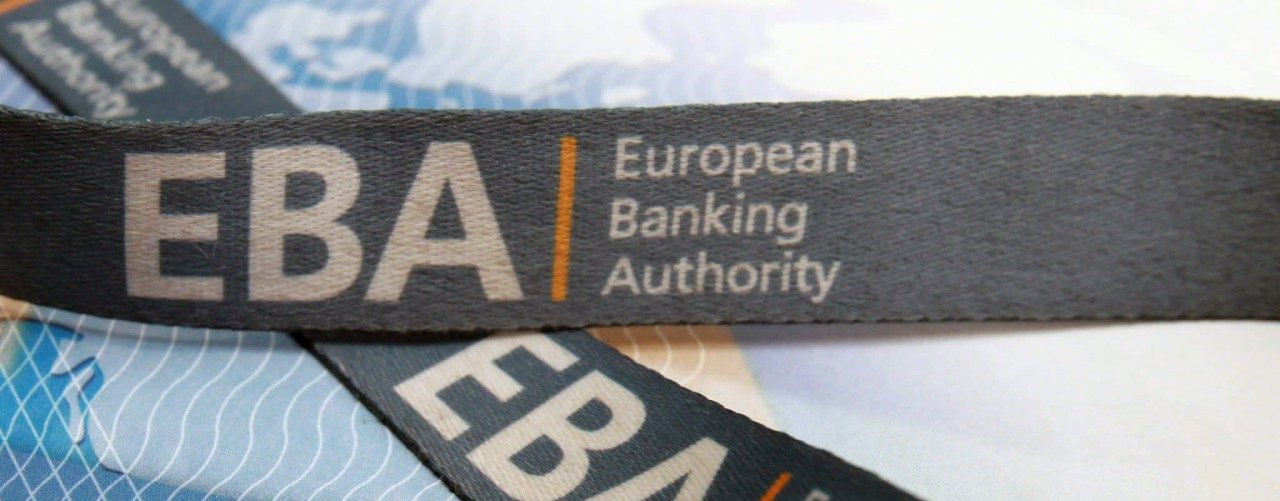Bank
ESG
Europe
UK
There is a new sheriff in town: since last week, the European Banking Authority (EBA) has published a document that has already made waves in the ESG world.
There is a new sheriff in town: as of last week, the European Banking Authority (EBA) has released a publication that has already caused ripples in the world of ESG. As noise of new requirements for European banks makes its way across the industry, large banks find themselves at a standstill as they await the confirmation from the European Commission. If the commission follows through and delivers this coup de grâce, the ESG banking scene is in for a full makeover.
Despite the bleak tone, this isn’t all bad news, in fact, these requirements could be the perfect deus ex machina, acting as a catalyst for positive change within the banking sector.
According to Reuteurs, the EBAs requirements would force banks to “disclose their exposure to carbon intensive activities and assets that may experience risks like floods and fires as a result of climate change.”. This shift would entail an increase in transparency that is direly needed within the industry.
An additional request of the EBA is the mandatory publication of two new yearly ratio: the green asset ratio (GAR) and the banking book taxonomy alignment ratio (BTAR). Not only would they provide insight on the functioning of banking entities, these ratios present an opportunity to standardize the way we analyse data and conduct ESG research within the sector.
Despite the bleak tone, this isn’t all bad news, in fact, these requirements could be the perfect deus ex machina, acting as a catalyst for positive change within the banking sector.
According to Reuteurs, the EBAs requirements would force banks to “disclose their exposure to carbon intensive activities and assets that may experience risks like floods and fires as a result of climate change.”. This shift would entail an increase in transparency that is direly needed within the industry.
An additional request of the EBA is the mandatory publication of two new yearly ratio: the green asset ratio (GAR) and the banking book taxonomy alignment ratio (BTAR). Not only would they provide insight on the functioning of banking entities, these ratios present an opportunity to standardize the way we analyse data and conduct ESG research within the sector.
The big question remains: what does this mean for ESG ?
Despite Brexit, the ties between the EU and the UK are everywhere and banking is no exception. Although no longer bound to EU legislation, many banks have branches in Europe and vice versa. Conforming to these requirements may just be the seal of approval UK banks need to remain competitive and appeal to the public eye: nothing leads change quite like the need to stay afloat. In the EU, banks of the likes of Deutsche Bank, Société Générale and Santander, will all be subject to these changes.
This new sheriff’s arrival marks the beginning of a period of increased data complexity and increased data disclosure for big banks and other corporate entities alike. One thing remains certain, the EBA will be riding herd on big banks and they better be ready to comply. For any further inquiries on ESG reporting, VPWhite remains at your disposal, in hopes of providing solutions through digitization, guidance and counselling.
This new sheriff’s arrival marks the beginning of a period of increased data complexity and increased data disclosure for big banks and other corporate entities alike. One thing remains certain, the EBA will be riding herd on big banks and they better be ready to comply. For any further inquiries on ESG reporting, VPWhite remains at your disposal, in hopes of providing solutions through digitization, guidance and counselling.



